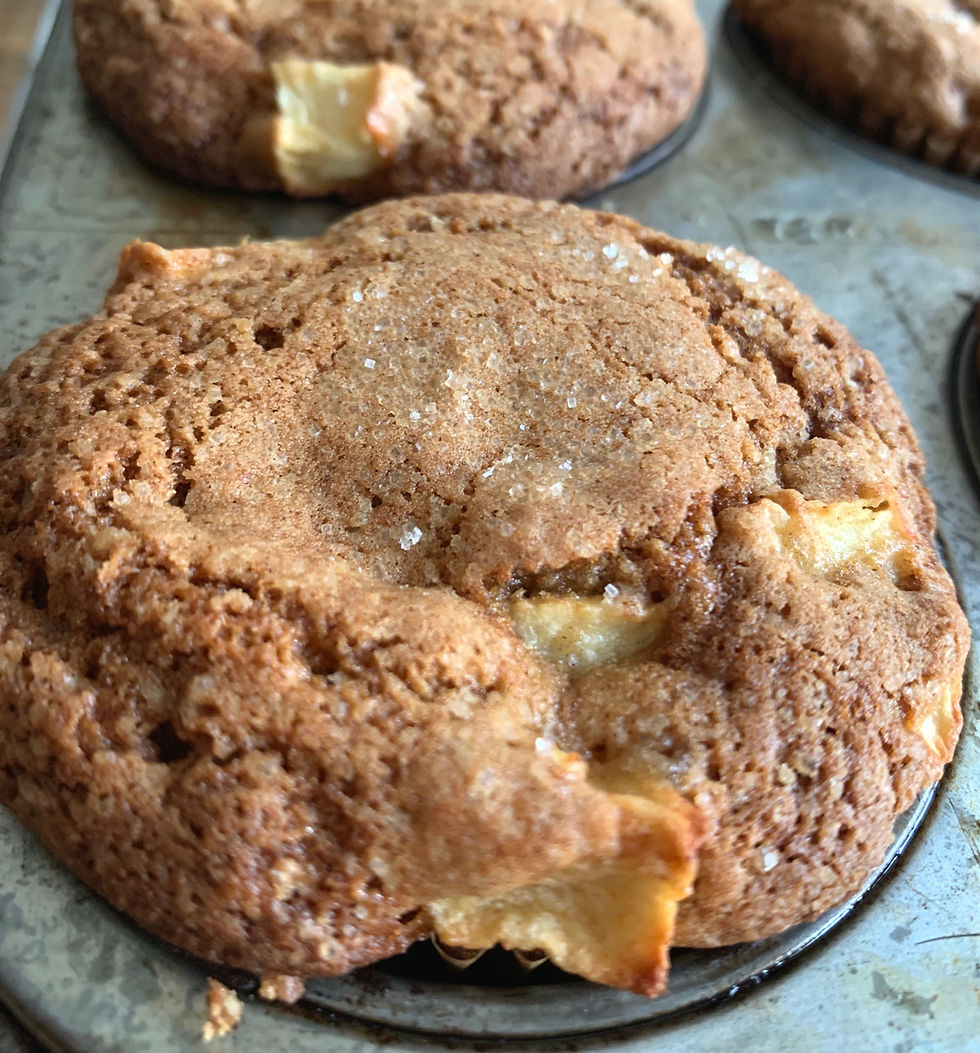Seasonal Herbal Vinegar
- East Bay Herbals

- Aug 12, 2020
- 3 min read
Seasonal Herbal Vinegar
Spring Vinegar
Herbal vinegar is an easy and delicious way to extract the medicinal properties out of many of the nutrient dense springtime medicinals. From nettles, to cleavers, chickweed, and even our abundant spring culinary herbs like oregano and thyme - all make wonderful herbal vinegars. When selecting which herbs to make vinegar with I always go for something that is growing abundantly in my yard or available at my local farmers market. If you're collecting herbs such as cleavers (Galium aparine), chickweed (Stellaria media), or Nettle (Urtica dioica) from your yard make sure to be 100% certain on the identification of the plant.
Ingredients
1 16-oz glass mason jar (with reusable plastic lid)
8-16 oz high quality apple cider vinegar (such as Braggs)
1/4-1/2 cup seasonal medicinal herbs (such as cleavers, chickweed, nettle, oregano, or thyme)
Screens or cookie sheets for wilting herbs
Directions
Pick the best looking patch of springtime medicinals available to you and collect roughly 1-2 cups of the fresh plant (you may have some leftover but this can always be dried and saved for other uses). Rinse the herbs well in your kitchen sink and make sure to sift through them and remove any pests, bugs, or other plant material. Pat the herbs dry, and lay out on large drying screens (cookie sheets will do as well if you don't have screens) for drying. Making vinegar with dried plant material is always best, so if you have a good drying setup I would dry the plants for a few days to a week, and use immediately to make your vinegar. If you don't have a great drying setup and are concerned with the plants getting moldy, you can wilt them for a couple of days and then use them. The more water that is in your plants, the more water will go into you vinegar, diluting the liquid and reducing the vinegar's preservation qualities. If the plants mold during the drying process, toss them into your compost bin and try again. You do not want to make vinegar with moldy plants!
Once you have your dried (or semi-dried) plant material, add to the mason jar filling 1/4 to half way. Fully cover the plant material with ACV, seal with a plastic lid (metal lids will rust due to the vinegar, but this can be avoided by placing a plastic barrier between the lid and the jar), and let sit in the fridge for 1-2 weeks, shaking often. After the vinegar has infused, strain out the plant material and store in the fridge for 3-6 months.
Why Herbal Vinegar?
Vinegar is an excellent way to extract the medicinal qualities out of many plants, particularly those with high vitamin and mineral content. Many of the fresh spring greens available during this time of year are packed full of nutrients, and do not keep particularly well as a dried herb. These nutrient-dense plants are often better extracted in vinegar than alcohol, and making an herbal vinegar is an excellent way to preserve these spring herbs for use later in the year.
How To Use Seasonal Herbal Vinegars
Spring vinegars make for a lovely addition to salad dressings and marinades, and can be used pretty much interchangeably with ACV for any culinary purpose. Keep in mind that your herbal vinegar will likely have a more "herby" flavor - so you may want to account for this in your culinary flavor profile.
Please Note: East Bay Herbals does not promote wild-crafting for your medicinal plant needs. Natural populations of plants are vital to the ecosystems that they are a part of, and should be left alone for mother nature to care for. We encourage you to either purchase your plants from a trusted herb retailer (we love The Sonoma County Herb Exchange), from your local farmer's market, or to experiment with growing your own. Many medicinal plant seeds can be found at your local nursery or purchased online from the wonderful seed savers at Strictly Medicinal Seeds.
Note: The information on this site has not been evaluated by the Food and Drug Administration, and is for educational, historical, and research purposes, and is not intended to diagnose, treat, cure, or prevent any disease. The information on this site should not be used as medical advice. If you have a medical concern please seek out a qualified health care professional, and always consult your physician before adding herbal supplements into your diet, especially if you are pregnant, nursing, or on medication.









Comments